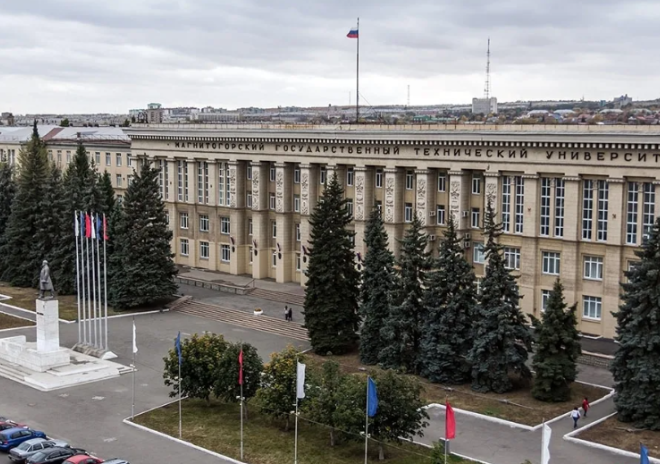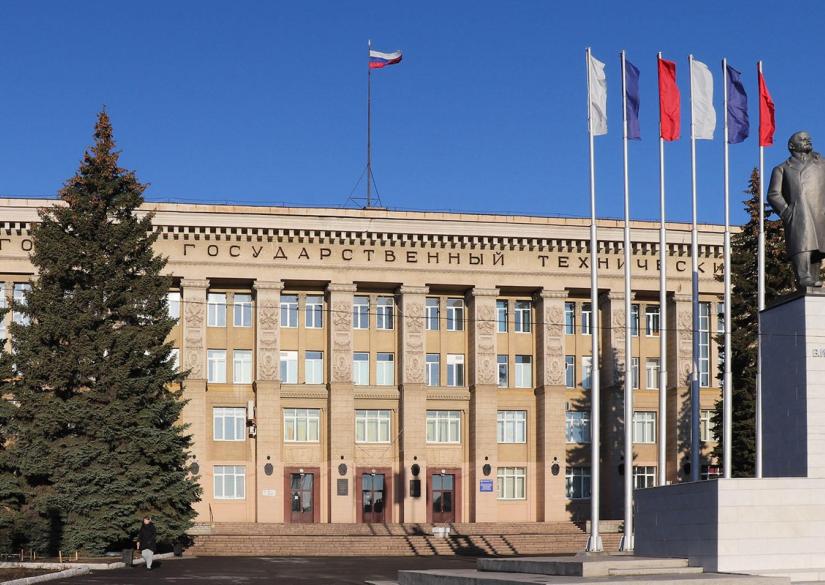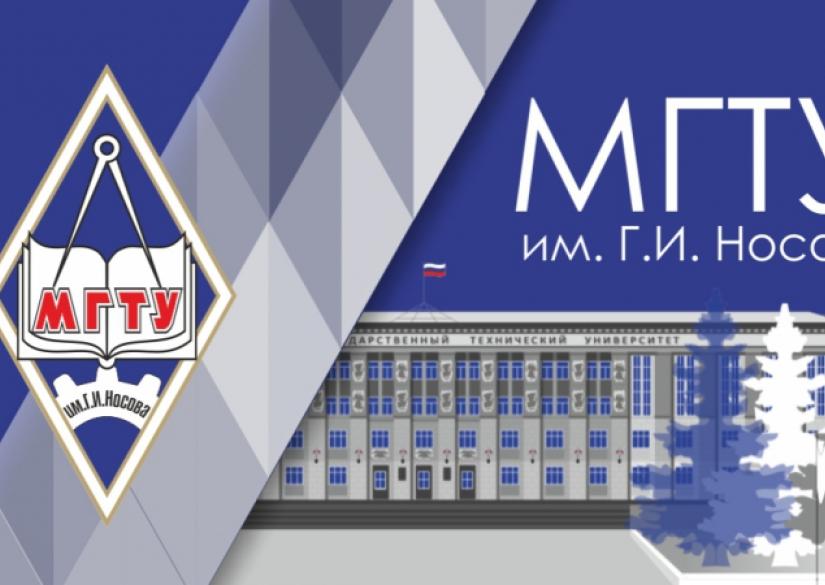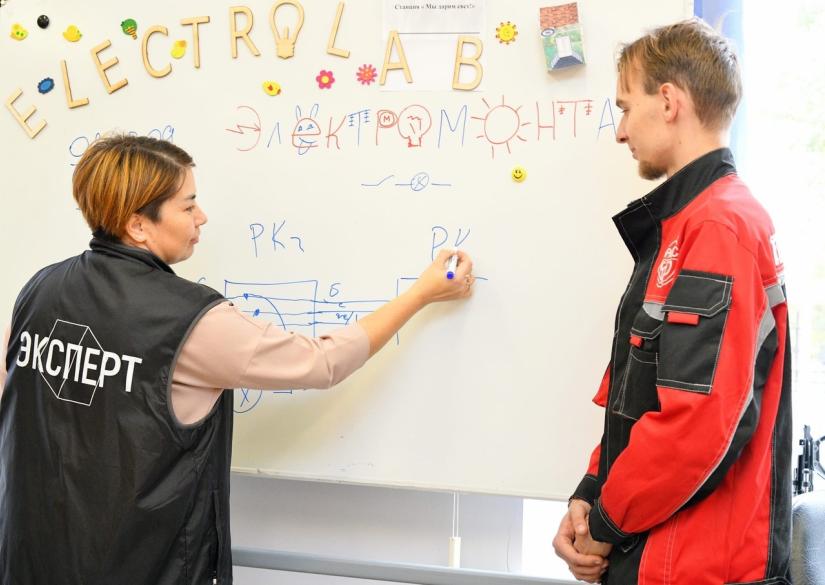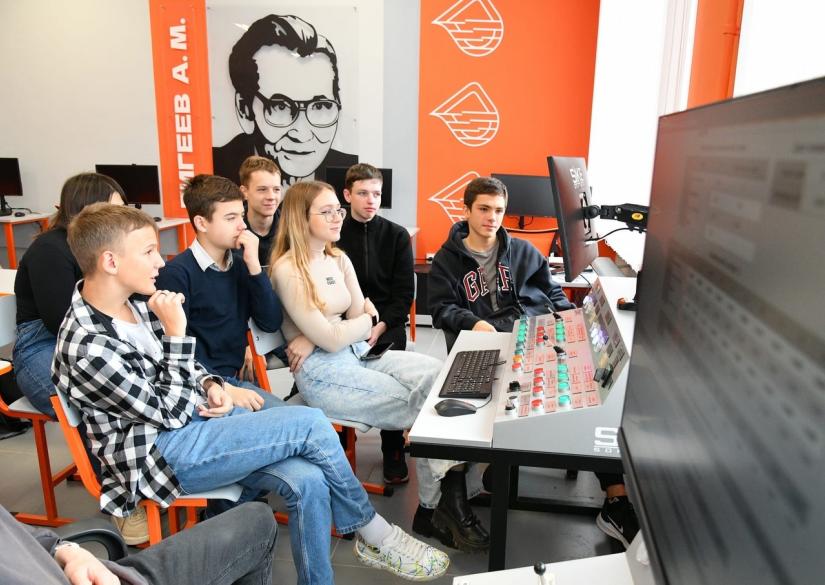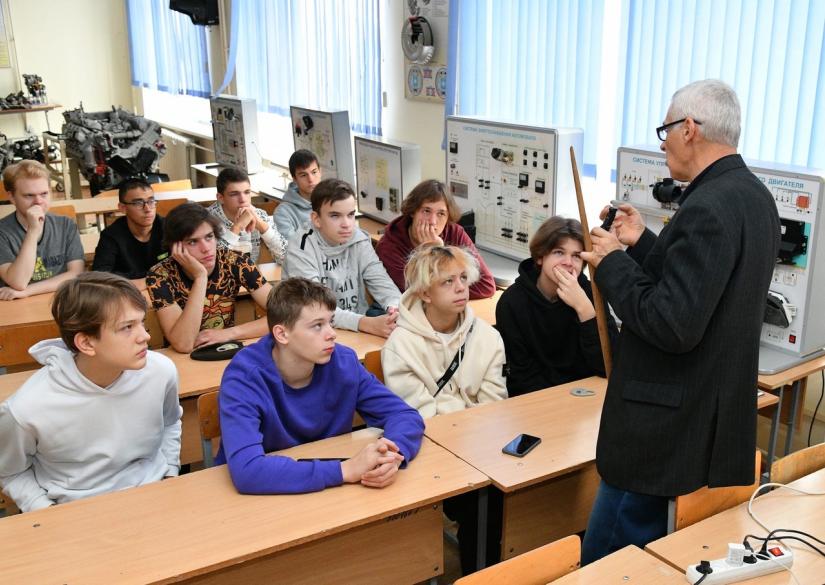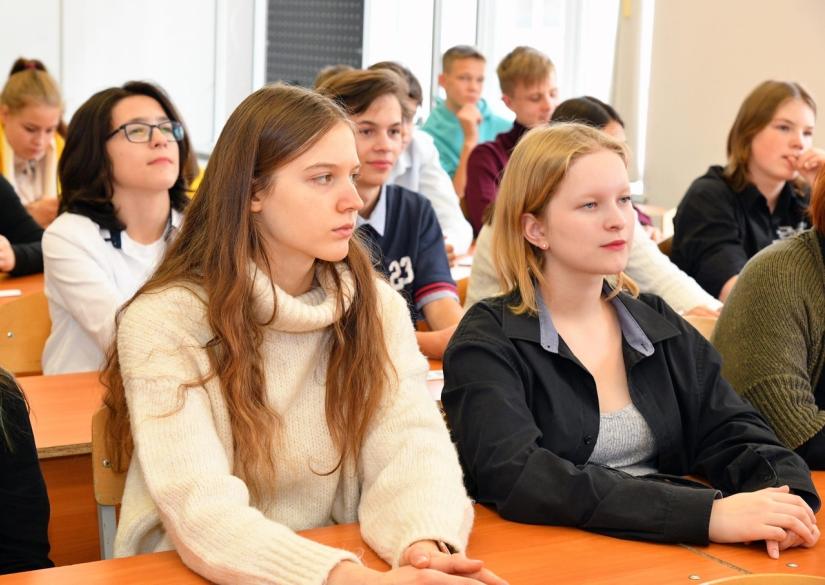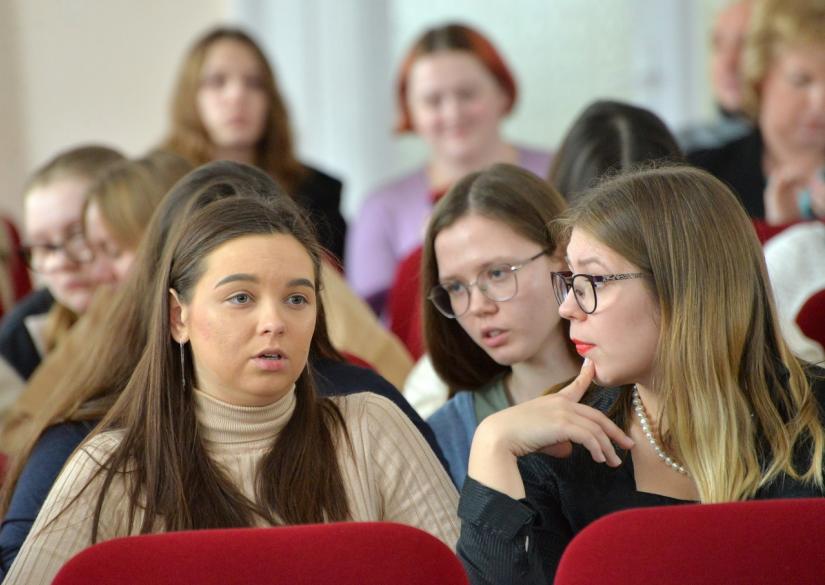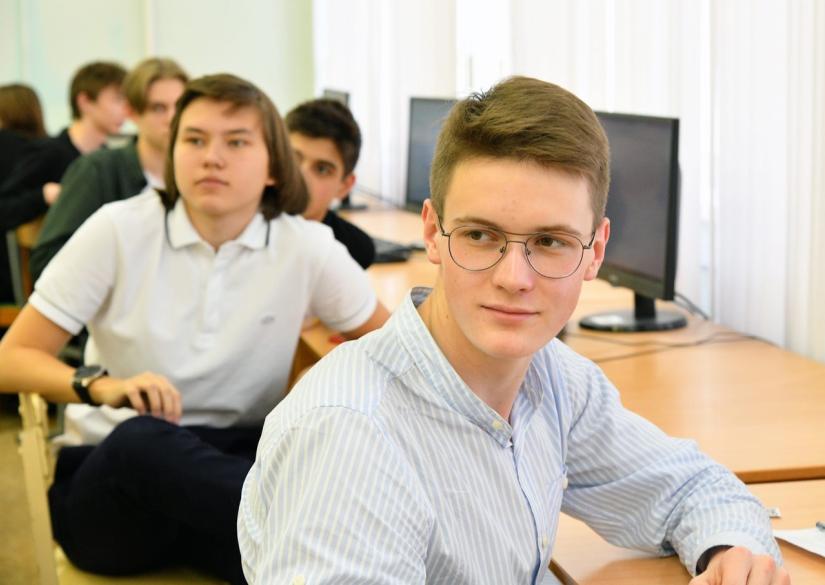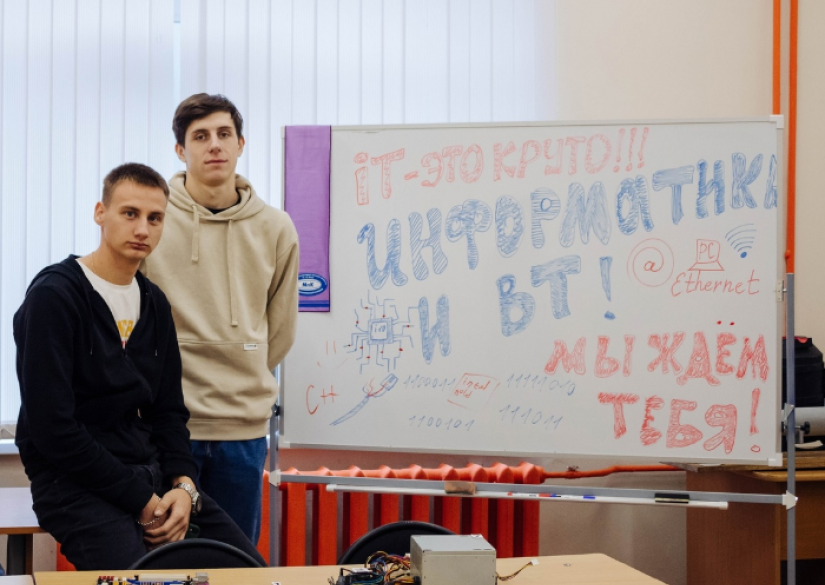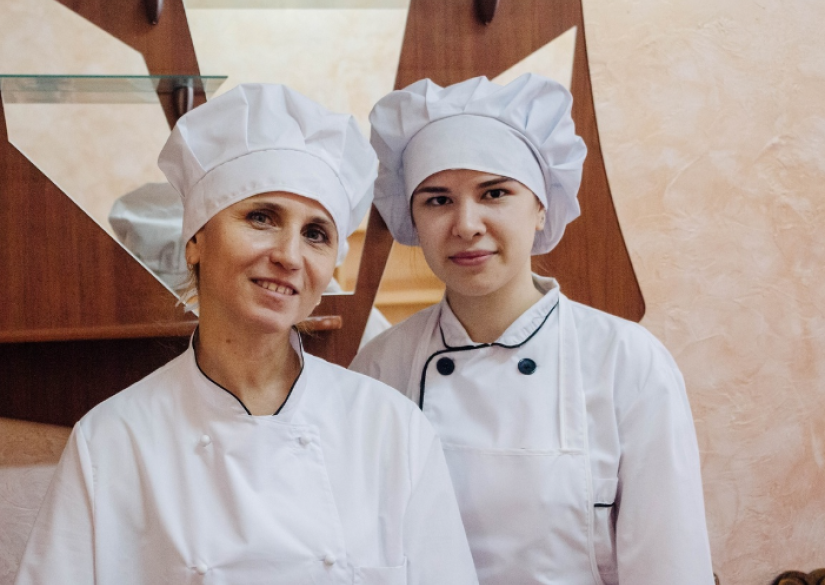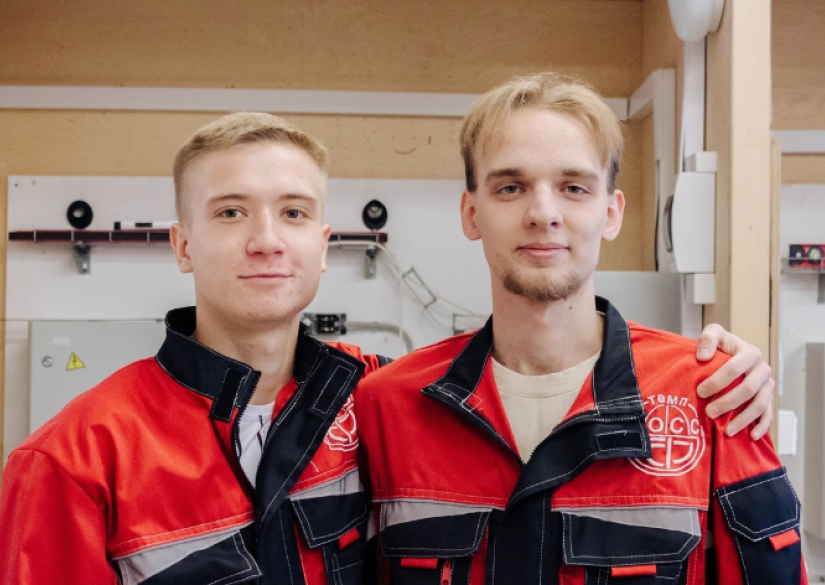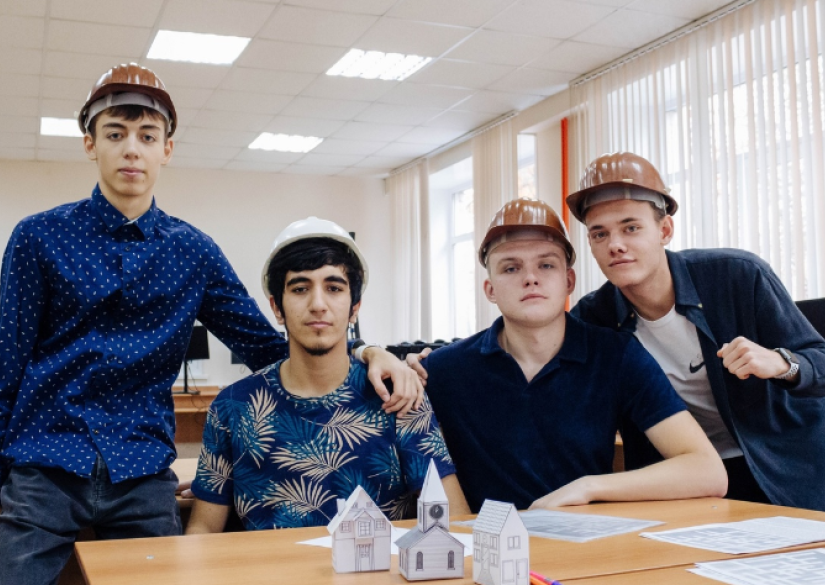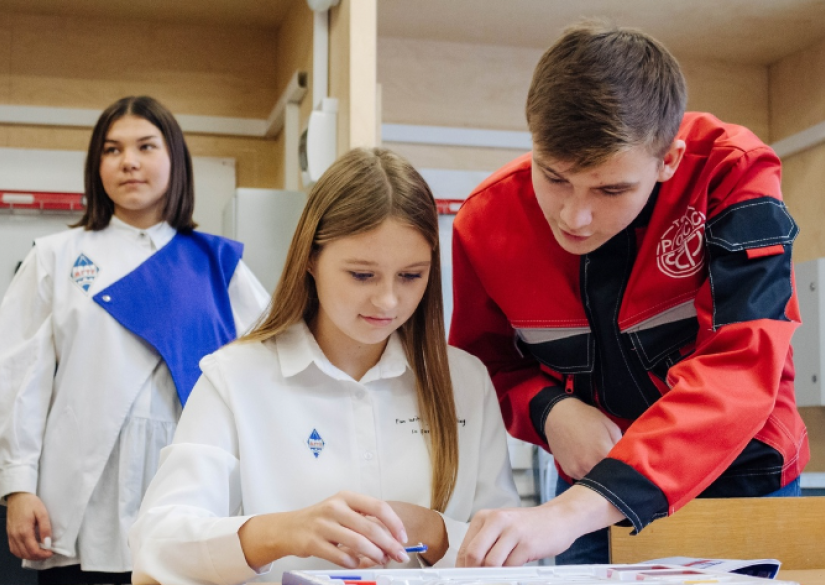Magnitogorsk State Technical University named after G.I. Nosov, MSTU
Programs and prices, tuition fees in Magnitogorsk State Technical University named after G.I. Nosov, MSTU
Secondary professional
- Age - from 15 years;
- The period is 3-4 years.
Specialty:
- Construction and operation of buildings and structures;
- Computer systems and complexes;
- Information systems and programming;
- Installation, maintenance and repair of industrial equipment;
- Equipping with means of automation of technological processes and production;
- Land and property relations;
- Metallurgy of ferrous metals, etc.
Bachelor
- Age - from 17 years;
- The period is 4 years.
Specialty:
- Applied Mathematics and Informatics;
- Physics;
- Architecture;
- Design of the architectural environment;
- Construction;
- Electronics and nanoelectronics;
- Instrumentation;
- Heat power engineering and electrical engineering;
- Engineering;
- Metallurgy;
- Nanomaterials;
- Economics, etc.
Specialist Degree
- Age - from 17 years;
- The period is 5 years.
Specialty:
- Information security of automated systems;
- Mining;
- Psychology of performance;
- Translation and Translation Studies.
Master
- Age - from 20 years;
- The period is 2 years.
Specialty:
- Construction;
- Informatics and Computer Engineering;
- Applied Informatics;
- Electronics and nanoelectronics;
- Engineering;
- Electric Power Engineering and Electrical Engineering;
- Technological machines and equipment;
- Metallurgy;
- Design;
- Economics;
- Management, etc.
Description of Magnitogorsk State Technical University named after G.I. Nosov, MSTU
- Location: Magnitogorsk, Chelyabinsk Region, Russia;
- Age of students: from 15 years;
- Type: mixed;
- Language of instruction: Russian.
MSTU was founded on April 9, 1934 as the Magnitogorsk Mining and Metallurgical Institute on the basis of branches of the Mining Institute and the Sverdlovsk Metallurgical Institute.
Educational process
The educational process at the university is conducted using modern information technologies, for the implementation of which the IT infrastructure is updated annually.
Faculties and colleges
The main structural subdivisions of the university are:
- 9 institutes:
- metallurgy, mechanical engineering and material processing;
- mining and transport;
- power engineering and automated systems;
- construction, architecture and art;
- economics and management;
- liberal arts education;
- natural science and standardization;
- elite programs and open education;
- additional professional education and personnel engineering "Horizont";
- 2 faculties:
- physical culture and sportsmanship;
- additional education of children and adults;
- multidisciplinary college;
- project school;
- branch in Beloretsk.
Scientific achievements
Leading scientific schools of MSTU:
- Development of the theory and technology of innovative processes for obtaining and processing products from promising, composite and nano-structural materials;
- Mathematics, informatics and automated systems;
- Development of the theory of combined geotechnology in the development of natural and man-made resources;
- Development of theoretical foundations of industrial and environmental safety in the context of sustainable development of industrial regions;
- Development of the theory and methods of improving the quality and safety of transport and transport-technological processes;
- Development of the theory and practice of energy-saving electric drives of metallurgical units;
- Creation of energy-efficient systems for transportation, distribution and consumption of thermal and electrical energy at industrial enterprises.
The achievements of the leading scientific schools of MSTU are marked by prestigious Russian and international awards:
- Prize of the Government of the Russian Federation in the field of science and technology;
- Prize of the Government of the Russian Federation in the field of science and technology for young scientists;
- Grant of the President of the Russian Federation for state support of scientific research of young Russian scientists – candidates of sciences;
- Grant of the President of the Russian Federation for state support of scientific research of young Russian scientists – doctors of science;
- Scholarship of the President of the Russian Federation to young scientists and graduate students engaged in promising research and development in priority areas of modernization of the Russian economy;
- Prize of the Ural Branch of the Academy of Engineering Sciences named after V.E. Grum-Grzhimailo;
- Prize of the Russian Union of Scientific and Engineering Public Organizations "Hope of Russia";
- Award of the Personnel Reserve Fund "State Club", etc.
Every year about 100 research projects are implemented at the university.
The "visiting card" of the university is scientific achievements in the field of:
- nanotechnology and nanomaterials;
- new materials in metallurgy;
- energy-saving technologies and equipment;
- rational nature management, industrial and environmental safety;
- continuous professional education .
There are 7 small innovative enterprises at the university:
- LLC "MSTU — Energy Saving+";
- LLC "IC Thermodeform – MSTU";
- EcoShina LLC;
- LLC "ChermetInformSystems";
- PLASMOTech-MSTU LLC;
- LLC "CNPK MSTU";
- LLC "R&D MSTU".
MSTU publishes 4 scientific journals quarterly:
- "Bulletin of Magnitogorsk State Technical University named after G.I. Nosov";
- "Problems of history, philology, culture";
- "Electrotechnical systems and complexes";
- "Theory and Technology of Metallurgical Production".
Things to know about
In 2017, MSTU was included in the list of 33 flagship universities of the country and as part of the 51st university center for innovative, technological and social development of the regions.
For achievements in the field of internationalization of higher education and the active promotion of Russia in the world space, MSTU was awarded the prize of the Association of Eastern European Universities (EEUA) - 2021.
MSTU is a member of:
- Chelyabinsk Regional Public Organization "Union of Industrialists and Entrepreneurs";
- Association of Technical Universities of Russia;
- Association of Universities of Russia and India;
- Russian-Kyrgyz Consortium of Technical Universities.
Accommodation, meals, prices
The campus of MSTU includes 13 dormitories. Students live in rooms of 2-4 people. Each building is equipped with halls for self-preparation. Shared kitchens are located on each floor of the dormitories, showers - on the ground or ground floors of the buildings. All dormitories are connected to the local network of the university with Internet access.
Meals for students and staff of the university are organized in:
- 4 canteens for 359 seats;
- 3 buffets;
- café for 32 seats.
Activities Magnitogorsk State Technical University named after G.I. Nosov, MSTU
The university has 6 creative teams:
- vocal ensemble of Russian songs "Strawberry";
- collective of conceptual choreography "Bonus";
- theatre group "Live and Breathe";
- the collective of modern choreography "Project X";
- vocal ensemble of pop songs Diamonds;
- vocal ensemble "Vistaledi".
Student associations of MSTU:
- trade union committee of students and postgraduates;
- Institute of Culture;
- student media center;
- student detachment named after S.S. Uvarovsky;
- volunteer center "At the call of the heart";
- KVN Student Club;
- Student Council of Dormitories;
- Student Scientific Society;
- sports club "Hearts of Steel".
Traditional events:
- Student Leader School;
- "Student Ball";
- anti-terrorist quest "60 minutes before the explosion";
- introductory event for first-year students "Labyrinths of MSTU";
- visiting the performances of the Magnitogorsk Drama Theater named after A.S. Pushkin and the Magnitogorsk Puppet and Actor Theater;
- festive concerts dedicated to:
- New Year's Eve;
- International Women's Day;
- Defender of the Fatherland Day;
- Student's Day and others.
Patriotic events:
- military-patriotic quest "The Way to Victory";
- a festive concert dedicated to Victory Day;
- stock:
- St. George's Ribbon;
- "Thank you grandfather for the Victory."
Student teams of MSTU:
- construction teams;
- conductor squads;
- service squads;
- pedagogical teams;
- labor detachment.
On the basis of the student media center of MSTU, 6 areas of work are developing:
- Photo Club;
- Video Club;
- Radio;
- Journalism;
- Design;
- Content direction.
The kvn student club includes 5 teams.
On the basis of the sports infrastructure of the university there are more than 20 sections in various sports.
Facilities and equipment at Magnitogorsk State Technical University named after G.I. Nosov, MSTU
The operational management of the university is:
- 27 educational buildings with 4 assembly halls;
- 13 dormitories;
- objects of social and cultural life;
- engineering networks;
- bases located on the territory of the Chelyabinsk region and the Republic of Bashkortostan.
MSTU conducts educational activities in 38 educational and laboratory areas.
The university is provided with a secure Internet channel and a virtual private network between the buildings in Magnitogorsk, Beloretsk and the village of Kusimovsky mine. In all campuses of MSTU there are 83 access points of seamless Wi-Fi network.
The total area of the library and information complex is 3413.3 sq.m. for 100 seats, of which 46 with access to a PC. The book fund is about 1.5 million units.
Innovative infrastructure of MSTU:
- innovation and technology center;
- scientific and educational center;
- Nanostal Research Institute;
- Resource Center for Nanotechnology and Nanomaterials;
- scientific and innovative sector;
- education and research laboratory for the study of patent information;
- Institute of Additional Professional Education and Personnel Engineering "Horizont";
- engineering center;
- Strategic Planning Department;
- 7 small innovative enterprises.
Sports facilities:
- Sports Palace;
- Sport pavilion;
- Stadium of a wide profile.
Sports facilities of MSTU in their composition contain:
- 5 sports halls;
- 4 gyms;
- 2 gymnasiums;
- electron-shooting range;
- martial arts hall.
Admission dates and extra charges
The academic year begins on September 1 and is divided into two semesters, each of which ends with a test-examination session in accordance with the curriculum of the relevant educational program.
Additional expenses of students may include a fee for accommodation in a hostel (for non-residents), meals, leisure and other expenses.
Enrolment process
The following documents are required for admission:
- passport;
- document on education - a certificate or diploma;
- SNILS;
- documents confirming special rights, individual achievements and benefits.
You can submit an application for admission and documents in person, by mail or online.
Enrolment statistics
Every year, more than 3,000 people are enrolled in MSTU to study. The total number of MSTU students is more than 13,000 people.
Perspectives
The main partners-employers of the university:
- Magnitogorsk Iron and Steel Works;
- Federal Grid Company of the Unified Energy System;
- MMK-Informservice;
- JSC "Prokatmontazh";
- TEMP R.O.S.S. LLC;
- Ural Metalworking Company;
- Kola Mining and Metallurgical Company;
- MMK-Metiz;
- PhosAgro KF Apatit;
- enterprises of the Russian Copper Company, etc.
Entry requirements, how to apply, what is required to enrol
Applicants to the university must meet the following requirements:
- age from 17 years;
- completed education not lower than secondary complete general.
The minimum number of points according to the results of the Unified State Exam:
- Informatics and ICT, 44;
- Physics — 39;
- Mathematics, 39;
- Social Studies, 45;
- Foreign language — 30;
- Literature: 40;
- Geography — 40;
- Biology, 39;
- Chemistry — 39;
- History, 35;
- Russian language — 40.
Scholarships Magnitogorsk State Technical University named after G.I. Nosov, MSTU
The following types of scholarships are paid at MSTU:
- state academic;
- state social;
- advanced state academic;
- state social in an increased amount;
- scholarships of the President of the Russian Federation and the Government of the Russian Federation;
- Registered.
In addition, the university provides material support to students who find themselves in a difficult life situation.
Institution on the map
Residence permits, citizenship and other services
- Guardianship services during the studies
- Student supervision
Review about Magnitogorsk State Technical University named after G.I. Nosov, MSTU
Recommendations on when to apply
| Language courses, schools and children's language camps | Primary and secondary education - private schools | Preparation programmes for entering universities - higher education | Higher education (after completing accredited programs A-level, IB, High School) - Bachelor, Master, MBA |
| - we recommend to apply 6-9 months before the start of the course (some camps and schools offer discounts for early booking or for lengthy study programs) - there are some very popular and high demand children's camps, where the applications need to be submitted 1 year in advance (in particular Switzerland , Great Britain , USA , Canada , Austria) | - we recommend to apply one year before the start of the training program, - some schools have a specific time frame (September-November - please specify an individual school) - some schools require tests in several stages (UKISET, internal tests of the school: English, mathematics, logics, subjects, interview, some require a personal visit) | - we recommend to apply one year before the start of the program, - for Foundation and Pathway programs, IELTS and TOEFL certificates are usually required, respectively | - recommended submission one year before the start of the program, - the deadline normally closes in January, for TOP HEIs and, as a rule, in March in other universities - for a bachelor, a Foundation or Pathway preparatory program a completed A-level, IB, High School + IELTS / TOEFL are required - for Masters you need a graduated higher education, in some cases you need a pre-Masters program - MBA requires completed higher education, work experience preferably at least 2-3 years, etc. |


